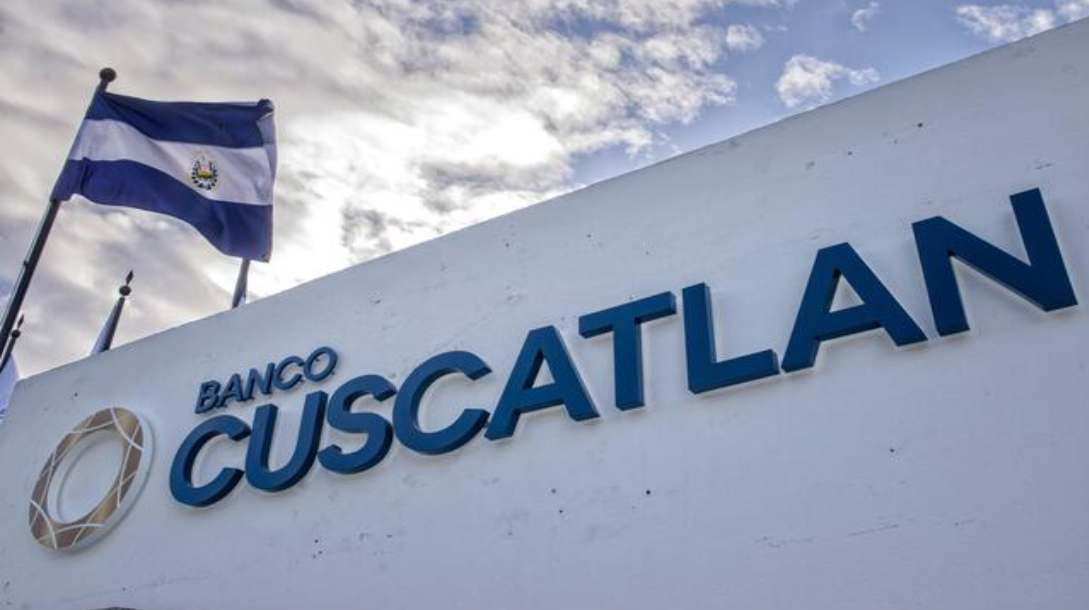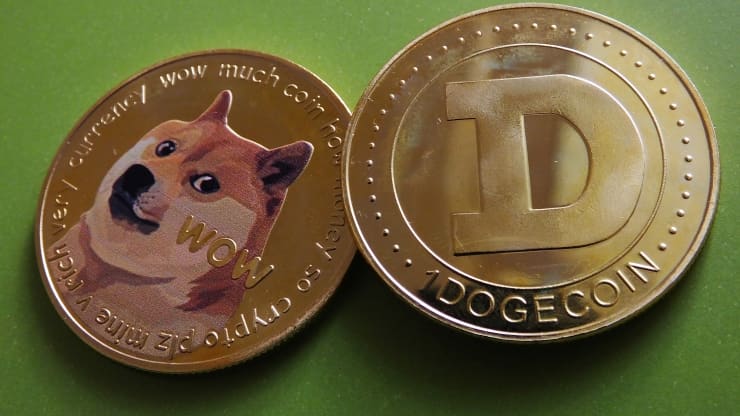- In early September, El Salvador adopted Bitcoin as legal tender in a bit to strengthen the country’s remittances.
- Following this move, El Salvador’s largest bank has partnered with Flexa for Bitcoin payment.
- This move could see companies like MoneyGram and Western Union losing considerable market share in the country’s remittances.
Following its cooperation with digital payments gateway Flexa, El Salvador’s largest banking institution, Bancoagrcola, is aiming to increase the country’s Bitcoin adoption policy.
Bancoagrcola has signed a deal with the crypto payment network Flexa to facilitate Bitcoin (BTC) transactions for the bank’s customers, including retail and merchant clients, according to an announcement made by Flexa on Thursday.
How this Partnership Benefits Merchants and Users
Bancoagrcola users can use Flexa or other Lightning Network-enabled wallets like Chivo and Éclair to make credit card payments in US dollars as part of the cooperation. According to the press release, these payments will not incur any additional fees and will cover a range of items, including loans and merchant goods.
Flexa just launched Lightning payment functionality, which is purportedly targeted towards merchant clients. The announcement of Bancoagrcola’s relationship with Flexa comes on the heels of El Salvador’s adoption of Bitcoin as legal cash.
Intense Competition among Payment Gateways could be on the Rise
According to El Salvador’s president, global money service companies like MoneyGram and Western Union might lose up to $400 million per year if the country’s Bitcoin adoption program is successful.


Indeed, remittances account for a large amount of El Salvador’s GDP – 23 percent in 2020 alone — and 70 percent of the population is said to get money from abroad.
The Central American Bank for Economic Integration, or CABEI, indicated in August that using Bitcoin as legal cash might have a favorable influence on remittances in the region. The CABEI offered at the time to assist the country in developing a technological framework for BTC adoption as well as ensuring compliance with international anti-money laundering requirements.
El Salvador’s Bitcoin Law is not without criticism, with reports claiming that the majority of the country’s populace opposes the move. The International Monetary Fund and other global financial institutions have also warned against adopting Bitcoin as a national currency.











